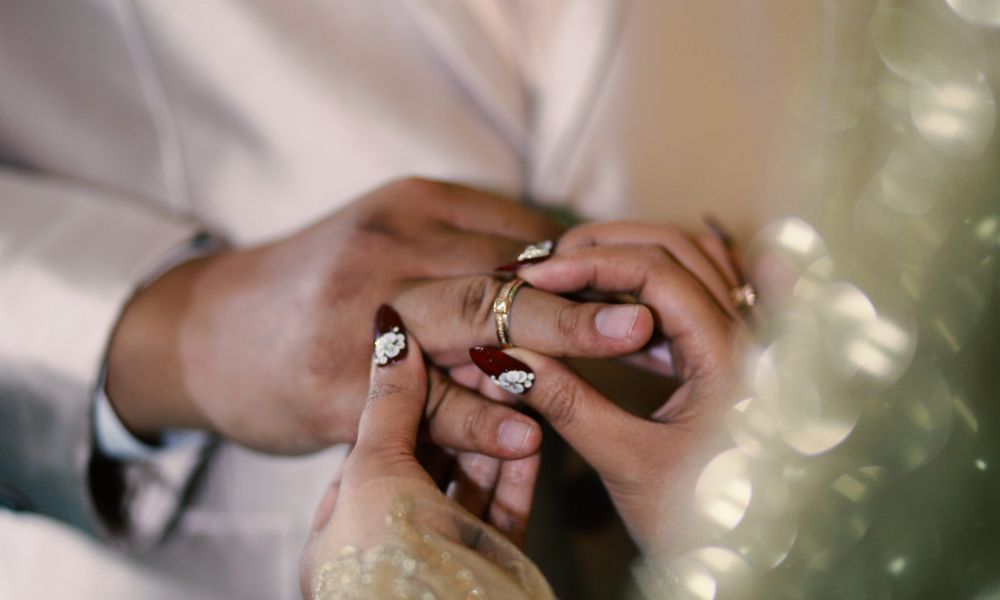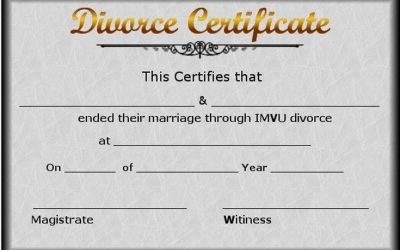
Parental Consent and the Age of Consent in UAE: Understanding Women’s Legal Rights
Table of Contents ▼
With the age of consent, women in the UAE finally gain control over their marriage decisions.
There has been a lot of speculation surrounding the age of consent for marriage in the UAE, especially with regard to women. Marriage laws vary from country to country, and in the UAE, one key topic that arises is the role of parental consent, particularly in the case of adult daughters.
This post will discuss the rules regarding parental consent for women in Dubai, how Sharia law plays a role, and the legal provisions that ensure women’s rights to make independent marriage decisions.
Legal Framework for Marriage in the UAE
In the UAE, a marriage is regarded as a formal and lawful union between a man and a woman, with the consent of both parties.
For the marriage to be recognized by law, it must be officially registered, and a valid contract must be formed. This contract is governed by both civil law in the UAE and Islamic Sharia law, which holds a significant role in personal status matters.

The UAE follows the Personal Status Law, Federal Law No. 28 of 2005, which regulates marriages. The law specifies that the legal age for marriage for Muslims is 18 years for both genders.
The age of consent in UAE guarantees that individuals have reached a level of maturity sufficient to enter into a legally binding marriage contract.
For minors, those under 18, marriage is not legally valid without parental consent. Article 38 of the Personal Status Law gives parents or legal guardians the authority to decide on the marriage of their children if they are minors.
Upon reaching the age of 18, a woman is legally regarded as an adult in the UAE, and parental consent is generally no longer required. This brings the focus to adult daughters and how much influence parents can have in their marriage decisions.
Parental Consent for an Adult Daughter’s Marriage
According to Islamic law, a “tutor” (wali), generally the father, must consent to a Muslim marriage, followed by other male relatives, as stipulated in Article 32 of the Personal Status Law.
Even though some parents may try to prevent their adult daughter from marrying, once she reaches the age of consent in UAE, the law does not generally grant them the power to block the marriage.

Once a woman reaches the age of consent in UAE, she has the final say in choosing her spouse, assuming there is no coercion or undue influence. UAE law supports a woman’s right to decide whom she marries once she becomes an adult.
Exceptions to Parental Consent
In some cases, parental consent is not required for a woman’s marriage, even if the parents refuse. If the parents’ refusal is considered unreasonable, the woman can marry without their approval.
The legal system in the UAE protects women from being forced into marriage and provides an opportunity to contest parental objections if their autonomy is at risk, particularly once the woman has reached the age of consent in UAE.
Such situations typically arise when the refusal from parents is unreasonable, such as when the woman’s personal freedom is threatened. Article 30(3) grants the right for an adult daughter to petition if her wali opposes the marriage.

UAE courts have consistently ruled in favor of a woman’s autonomy, allowing her to marry even if her parents disagree, as long as she has reached the age of consent in UAE and is not coerced into the marriage.
Parental objections are typically not enforceable unless there is a compelling reason to interfere. The law places a significant emphasis on a woman’s right to choose her spouse, provided no legal or ethical issues exist.
Women’s Autonomy in Marriage Decisions
One of the key rights women have under UAE law is the ability to choose their spouse when they reach legal adulthood.
Despite the cultural importance of parental consent in some communities, women are legally free to make their own marriage choices once they have reached the age of consent in UAE, without needing parental approval.
The UAE legal system actively protects women from forced marriages. If a woman is being coerced or pressured into marriage, the courts have the power to intervene and defend her rights. Women have legal means to challenge forced marriages and any undue influence.
Conclusion
Let Easy Wedding Kuwait help you create the wedding of your dreams in Kuwait. From helping you navigate legal requirements to planning a seamless celebration, we provide full-service wedding planning to make your day unforgettable.
Whether you envision a traditional or modern ceremony, our team will work with you to bring your ideas to life.
Connect with Easy Wedding Kuwait today and start planning the wedding you’ve always dreamed of.


